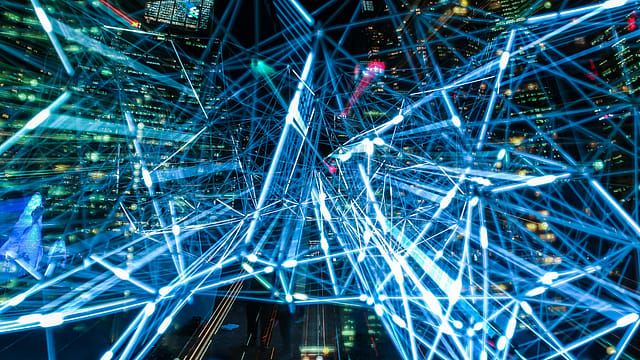Building trust in technology amidst a global crisis
ADVERTISEMENT

Within a few weeks of the Covid-19 crisis, billions of people around the world started working remotely, learning, and staying connected with colleagues, friends, and family through the power of technology. The world has seen its largest-ever transition to virtual work, where technology helps millions of people to stay connected, collaborate, and be safe.
Mission-critical services are relying on it as well, as people’s lives are often dependent on the pace at which first responders reach out to each other. Machine learning, analytics and tele-health are being used in new ways to prevent the spread of the virus by tracking infections, enabling containment measures, monitoring patient health, and building models for analysing outbreaks. Governments and local health authorities across the world are heavily reliant on technology-based tools for disaster management, relief efforts, generating awareness, and managing information flow for citizen safety.
With technology at the core of driving cross-sectoral impact during this crucial time, trust in technology has never been more critical. It is important to remember that people will only use technology that they trust. Ultimately, trust is created when people are confident that their personal data is safe and secure, and they have a clear understanding of how and why their data is being used. This means companies have a huge responsibility to ensure cybersecurity and safeguard the privacy of the personal data they collect and manage for their customers.
Global crisis and cybercrime
In this evolving scenario, trust needs to be at the heart of how companies and governments build and deliver products and services. As millions of people across the world are exploring new ways of working, learning and playing online, digital safety also needs to be top of the mind for children, parents and caregivers. Similarly, businesses, healthcare systems, and personal security become more vulnerable as cybercriminals are exploiting the pandemic to launch malware. This becomes especially important if we consider the large swatches of personally identifiable health data available with institutions on the frontlines of Covid-19 response, such as healthcare facilities and hospitals, and the data generated by the extraordinary surge in online activity.
Built-in security and privacy by design
The need of the hour is for a renewed effort to strengthen cybersecurity and privacy to safeguard end-users. It is important that people have access to accurate information on Covid-19 as they make decisions about their own and their family’s health. This will require cybersecurity agencies, technology companies, and critical businesses and organisations across society to collaborate closely with the government to put in place strong defences to protect the country’s critical data and to promote access to trusted news and information. Strong policy measures by the government to adopt trusted and tested tools and technology solutions that have built-in security capabilities, and are connected to the cloud for real-time threat intelligence monitoring, will go a long way. Equally important will be to ensure transparency and privacy by design capabilities-giving users greater control over the collection, use, and distribution of their data. Any compromise on these two fronts has the potential to increase vulnerabilities and threaten national security.
Global and national regulations also need to evolve to provide a balanced ecosystem for global technology innovations to thrive and evolve. This will set a strong standard for privacy and data protection that can help citizens and organisations leverage the best and most trustworthy solutions to stay connected and be well prepared for a crisis of such magnitude.
Now, more than ever, the billions of people connected virtually must know with complete certainty that their conversations and data are private and secure.
The key will be to evaluate security and privacy needs early and move fast with trusted technologies. Only then will we enable the benefits of a new generation of technology innovation to truly empower people, governments and organisations around the world to achieve more and respond to the crisis better.
Views are personal. The author is group head and assistant general counsel for Microsoft India’s Corporate, External, & Legal Affairs (CELA).